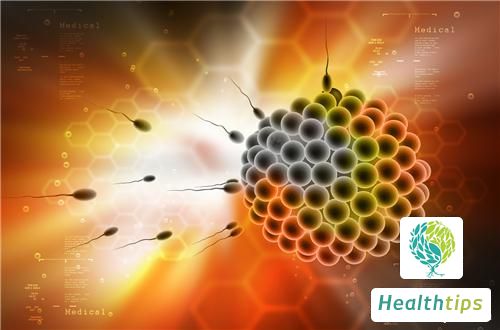"Do Eating Excessive Beans Lead to Weight Gain?"
Soybean Products and Their Nutritional Value
Soybean products, derived from soybeans abundant in nutrients, enjoy widespread popularity. However, for weight-conscious individuals, concerns may arise regarding their high-calorie and high-fat content. This prompts the question: Does excessive soybean consumption contribute to weight gain? Firstly, soybeans, besides offering high-quality proteins, also contain substantial starch, which serves as a primary calorie source and may pose a weight gain risk.

Reasons for Weight Gain from Eating Soybeans
Soybeans are renowned for their protein content, which is not only high in quality but also readily absorbed. Nevertheless, their significant starch content, being the main calorie source, can lead to excessive calorie intake if consumed unchecked. This, in turn, may be converted into fat and stored in the body. Thus, those aiming to lose weight should be mindful of their soybean intake.
Suitable and Unsuitable Groups for Soybeans
Soybeans are beneficial for individuals with atherosclerosis, hypertension, coronary heart disease, high blood lipids, diabetes, qi and blood deficiency, malnutrition, and cancer. They are also particularly suitable for children and adolescents during their growth phase when cooked appropriately. Conversely, individuals with chronic digestive issues like poor digestion, stomach discomfort, and bloating should consume soybeans cautiously due to their potential difficulty in digestion and gas-producing effects.
Nutritional Value of Soybeans
Soybeans are a protein-rich source, containing essential amino acids that enhance immune function. Their protein content surpasses pork by twofold and eggs by 2.5 times. Moreover, the amino acid composition of soybean protein resembles animal protein, facilitating easy digestion and absorption. When combined with meat and eggs, soybeans can rival or even exceed the nutritional value of eggs and milk.
Soybean fat is also nutritionally valuable, containing unsaturated fatty acids readily absorbed by the body. This fat helps prevent cholesterol absorption, making soybeans an ideal choice for atherosclerosis patients. Additionally, soybeans contain isoflavones with estrogen-like effects, aiding in reducing menopause symptoms, delaying cellular aging, maintaining skin elasticity, promoting bone formation, and lowering blood lipids.
Soybeans are rich in inorganic salts like calcium, phosphorus, magnesium, and potassium, as well as trace elements such as copper, iron, zinc, iodine, and molybdenum. The calcium and phosphorus in soybeans, combined with their protein, are readily absorbed. Iron and iodine are crucial for health, with iron deficiency causing anemia and iodine deficiency resulting in thyroid enlargement. Molybdenum helps inhibit carcinogenic substance formation.
Furthermore, soybean lecithin aids in removing cholesterol from blood vessel walls, preventing vascular hardening and cardiovascular diseases. Soybeans also contain substances inhibiting pancreatic enzymes, beneficial in diabetes management. Saponins in soybeans effectively lower blood lipids and aid in weight control. Soluble fiber in soybeans promotes bowel movement and reduces cholesterol levels.
In conclusion, while soybeans offer a nutritious food source, moderate consumption is crucial, particularly for weight management. Understanding their nutritional composition and potential effects empowers individuals to make informed dietary choices.



















